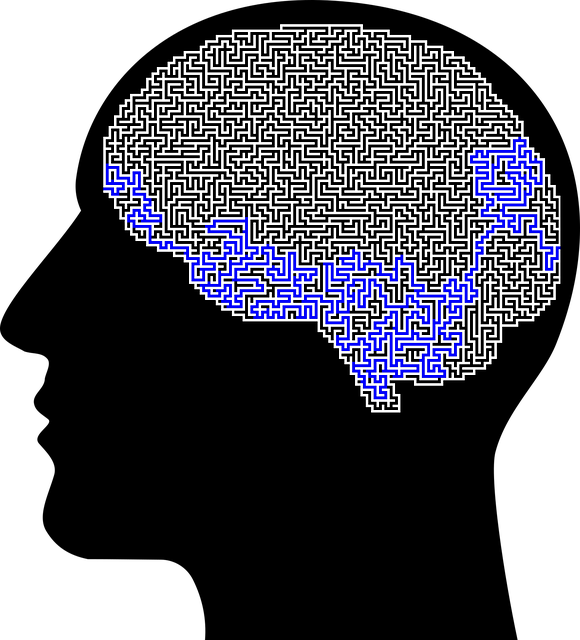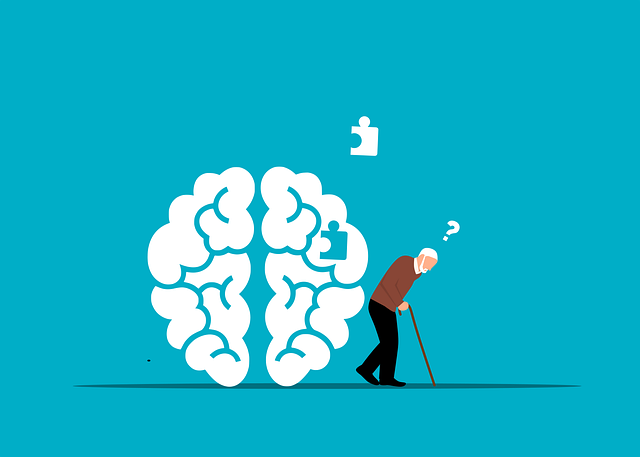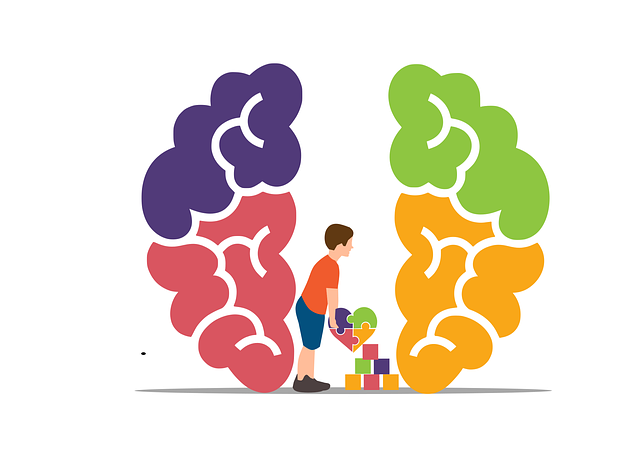Mental wellness self-assessment tools are essential for individuals seeking chronic pain therapy in Colorado Springs, enabling early identification of mental health concerns and promoting proactive management alongside physical treatment. These assessments, integrating emotional intelligence factors, empower patients to understand their psychological states and contribute to tailored, holistic care. Organizations like Stress Management Workshops play a key role in educating and building resilience, while the Community Outreach Program provides accessible resources and support groups. Continuous improvement and strategic implementation of these tools are vital for aligning assessment methods with best practices in Colorado Springs Chronic Pain Therapy settings.
Mental wellness self-assessment tools play a pivotal role in managing chronic pain, particularly in therapeutic settings like Colorado Springs Chronic Pain Therapy. This article delves into the development and importance of these tools, guiding healthcare professionals and individuals seeking relief. We explore key assessment areas tailored for chronic pain management, highlight successful integration strategies, and provide insights on creating effective, reliable self-assessment methods. By understanding these elements, we aim to enhance the overall therapeutic experience in Colorado Springs Chronic Pain Therapy.
- Understanding Mental Wellness Self-Assessment Tools
- Identifying Key Areas for Assessment in Chronic Pain Management
- Integrating Self-Assessment into Colorado Springs Chronic Pain Therapy
- Creating Effective and Reliable Mental Wellness Self-Assessment Tools
- Implementation and Continuous Improvement Strategies
Understanding Mental Wellness Self-Assessment Tools

Mental wellness self-assessment tools play a pivotal role in individuals’ journey towards better mental health and well-being. These tools are designed to help people gain insights into their emotional, psychological, and behavioral states, enabling them to make informed decisions about their mental health. By utilizing self-assessment techniques, individuals can identify potential issues like anxiety, depression, or stress management challenges early on. This proactive approach is particularly crucial in places like Colorado Springs Chronic Pain Therapy centers, where managing chronic pain often involves addressing co-occurring mental health concerns.
Effective self-assessment tools facilitate open communication and promote a deeper understanding of one’s thoughts and feelings. They can incorporate various assessment methods such as questionnaires, journaling prompts, or scale measurements to evaluate symptoms associated with common mental health disorders. Moreover, these tools often include strategies for stress management and depression prevention, empowering individuals to take charge of their mental wellness.
Identifying Key Areas for Assessment in Chronic Pain Management

In the context of Colorado Springs chronic pain therapy, identifying key areas for assessment is paramount to developing effective self-assessment tools. Beyond physical symptoms, mental wellness plays a significant role in managing chronic pain. Key areas include emotional well-being, stress management, and coping mechanisms. Patients often experience heightened anxiety, depression, or frustration due to the persistent nature of their condition, making it crucial to integrate inner strength development into treatment plans.
The process should also factor in environmental influences, such as support systems and living conditions, which can either exacerbate or alleviate pain. Organizations like Stress Management Workshops play a vital role in promoting mental health awareness by offering workshops tailored to help individuals develop resilience and adaptive strategies for dealing with chronic pain. By holistically assessing these aspects, self-assessment tools can better equip individuals in Colorado Springs to navigate their journey towards improved chronic pain management and enhanced overall well-being.
Integrating Self-Assessment into Colorado Springs Chronic Pain Therapy

In Colorado Springs Chronic Pain Therapy, integrating self-assessment tools has been a game-changer in patient care. These tools empower individuals to actively participate in their healing process, aligning with the Mind Over Matter principles that highlight the profound impact of mental wellness on physical health. By incorporating self-assessments, therapists can gain valuable insights into each patient’s unique experience and psychological state, allowing for more personalized treatment plans. This approach is particularly beneficial for managing chronic pain, where addressing underlying mental health concerns can significantly enhance overall well-being.
The Community Outreach Program Implementation in Colorado Springs has further enhanced these efforts by making mental wellness resources more accessible to the community. Through educational workshops and support groups, individuals struggling with chronic pain can learn effective coping strategies and build resilience. Integrating self-assessment into therapy sessions ensures that treatment remains dynamic and responsive to each patient’s evolving needs, fostering a holistic approach that combines physical, emotional, and psychological dimensions of well-being.
Creating Effective and Reliable Mental Wellness Self-Assessment Tools

Developing effective and reliable mental wellness self-assessment tools is a crucial step in supporting individuals’ well-being, particularly those seeking therapy for chronic pain in Colorado Springs. These tools play a pivotal role in helping professionals accurately assess and understand clients’ mental health states. By integrating various aspects of emotional intelligence, these assessments can identify underlying factors contributing to pain, enabling tailored interventions. For instance, evaluating emotional regulation skills and coping mechanisms can provide insights into how individuals manage stress and pain-related symptoms.
Furthermore, risk management planning for mental health professionals is enhanced through the use of such tools. They allow practitioners to proactively identify potential risks or warning signs in clients’ self-assessments, ensuring timely interventions. Incorporating self-care practices as part of these assessments promotes a holistic approach to well-being, recognizing that effective therapy involves both mental and physical health considerations. This comprehensive understanding is essential for professionals working with chronic pain patients in diverse settings, including Colorado Springs communities.
Implementation and Continuous Improvement Strategies

The development of self-assessment tools for mental wellness is an ongoing process that requires strategic implementation and continuous improvement to ensure their effectiveness in diverse settings, including Colorado Springs Chronic Pain Therapy practices. Regular updates and refinements based on user feedback and emerging research are vital to keeping these tools relevant and adaptive. One effective strategy is to involve a multidisciplinary team of mental health professionals, researchers, and individuals with lived experiences to collaborate on tool design and evaluation. This ensures a comprehensive approach, incorporating diverse perspectives and expertise.
Integrating resilience-building techniques and applying the Mind Over Matter principles in these self-assessment tools can enhance their ability to empower individuals. Additionally, risk management planning should be incorporated to guide professionals in interpreting results accurately and providing appropriate support. By adopting such strategies, mental wellness assessment tools can become more robust, user-friendly, and aligned with best practices in Colorado Springs Chronic Pain Therapy and beyond.
Mental wellness self-assessment tools play a pivotal role in enhancing the effectiveness of Colorado Springs Chronic Pain Therapy. By identifying key areas such as emotional well-being, coping mechanisms, and stress management, these tools empower patients to actively participate in their treatment. Development and implementation strategies outlined in this article provide a roadmap for creating reliable assessments that can be seamlessly integrated into existing therapy models. Continuous improvement through feedback and adaptation ensures these tools remain relevant and impactful in supporting individuals navigating chronic pain.














